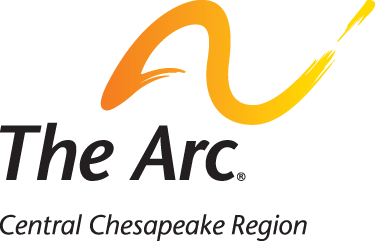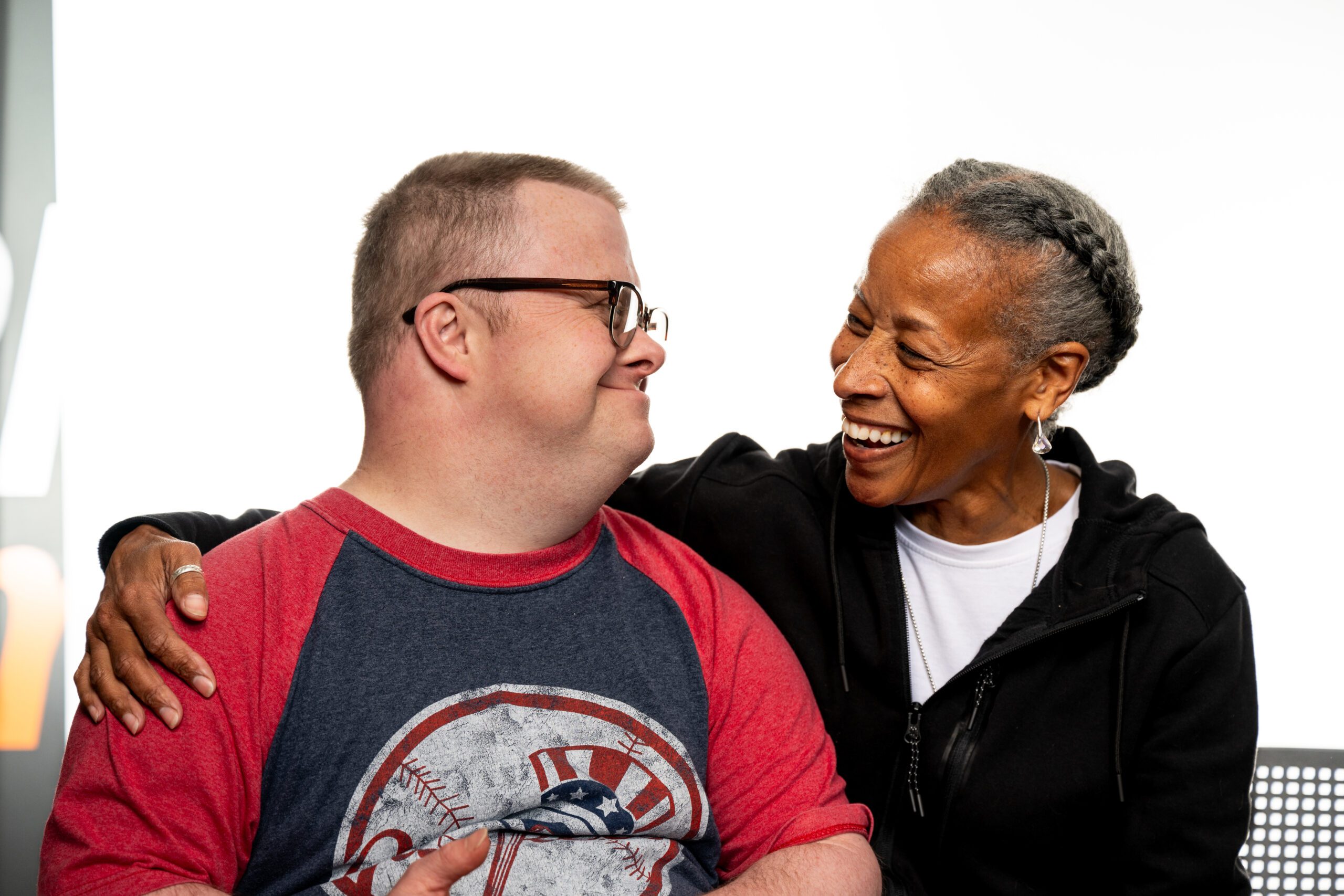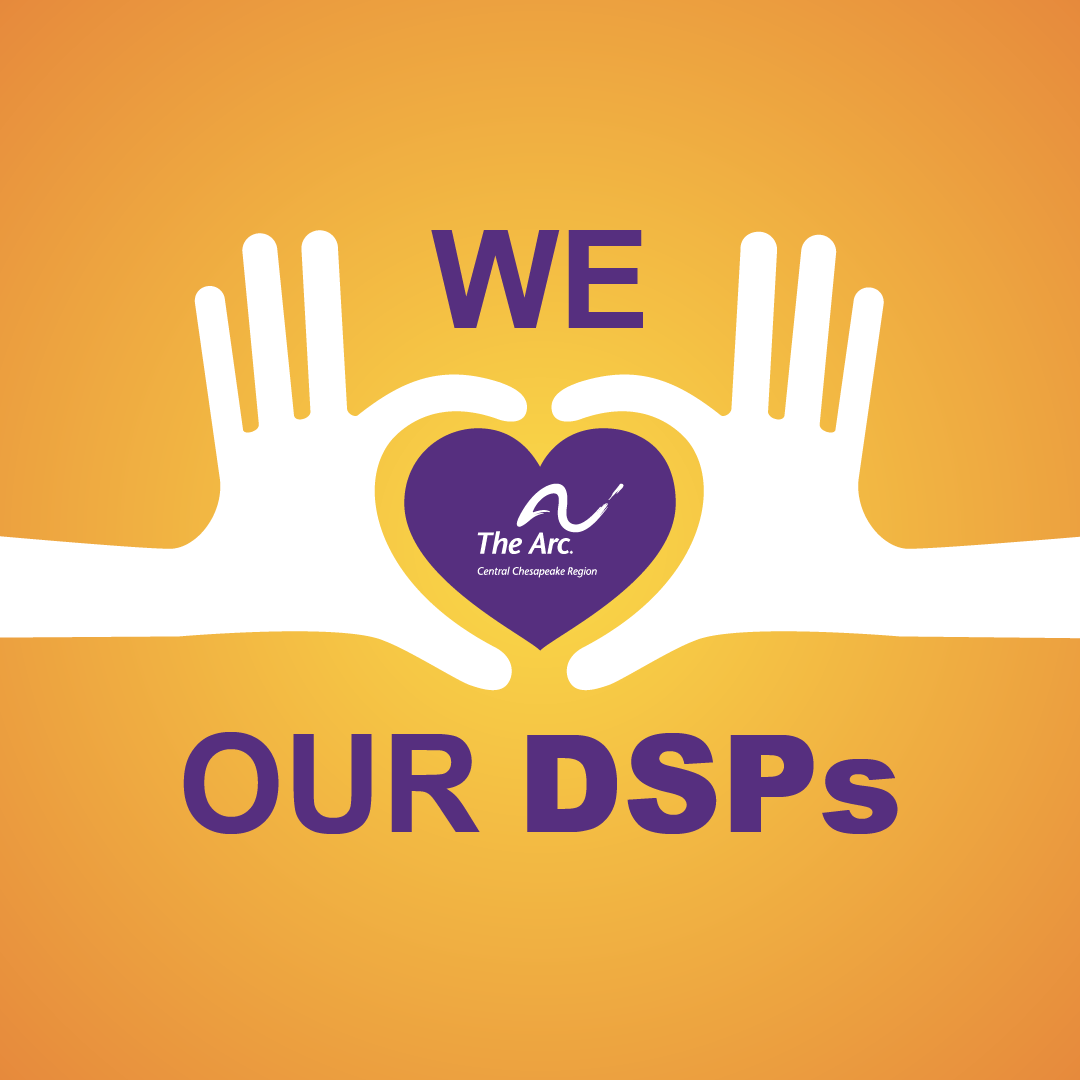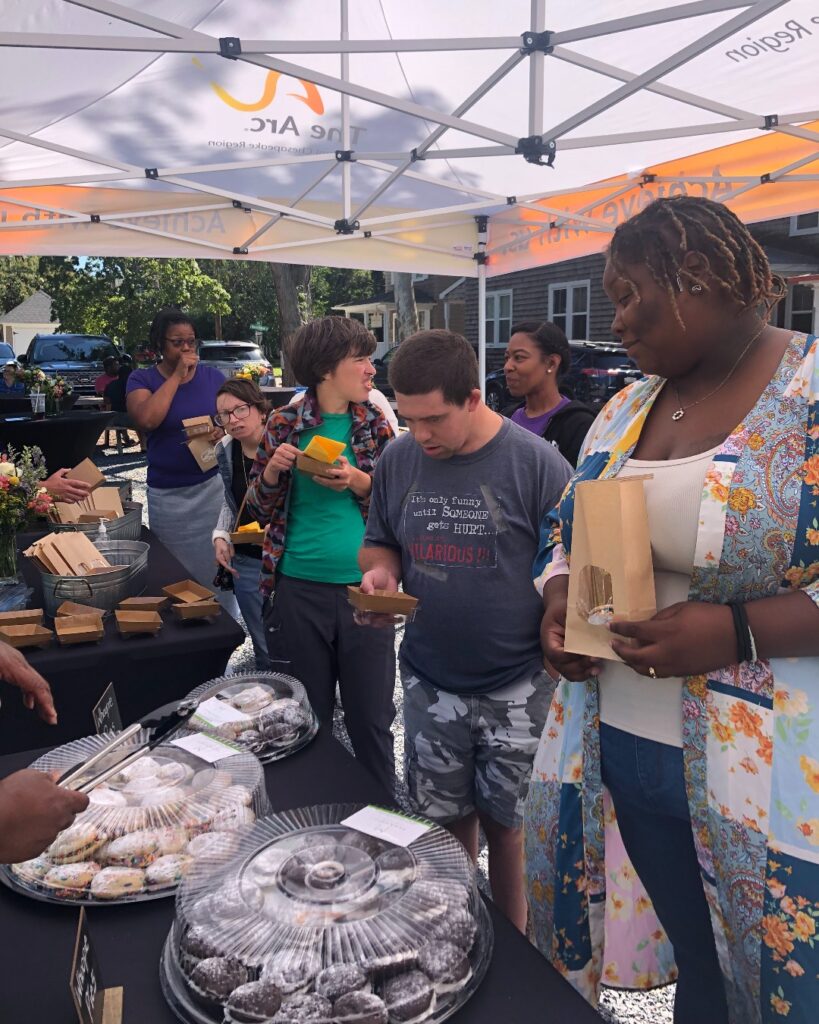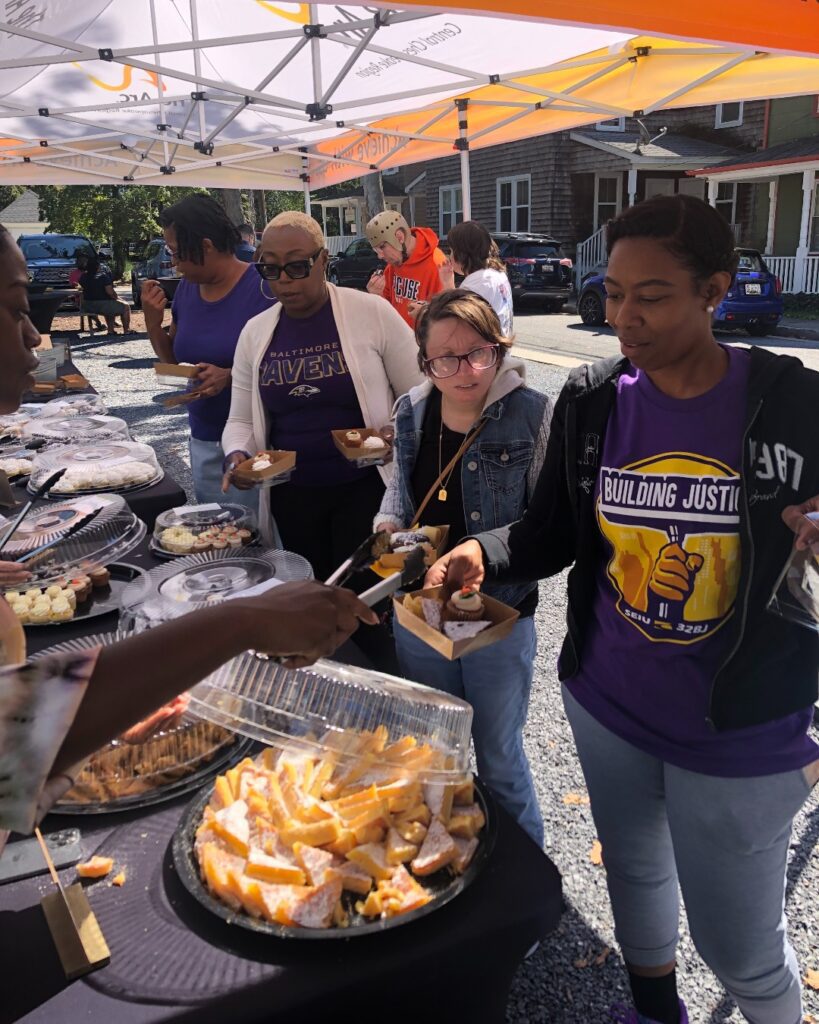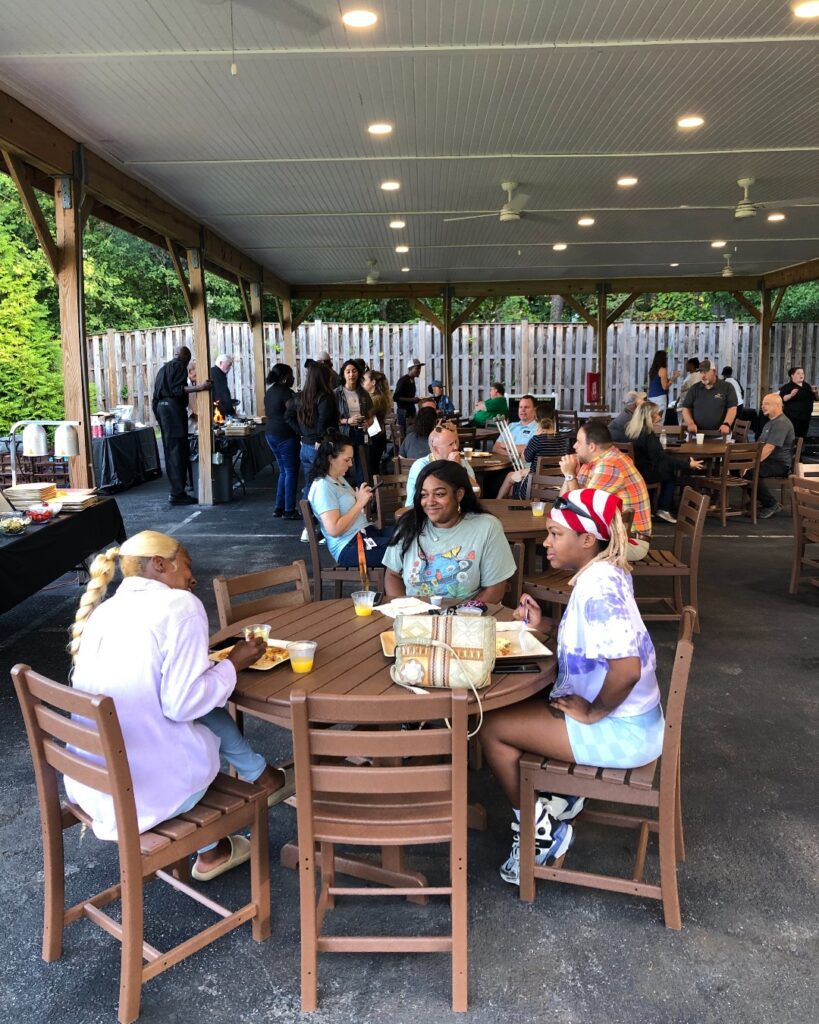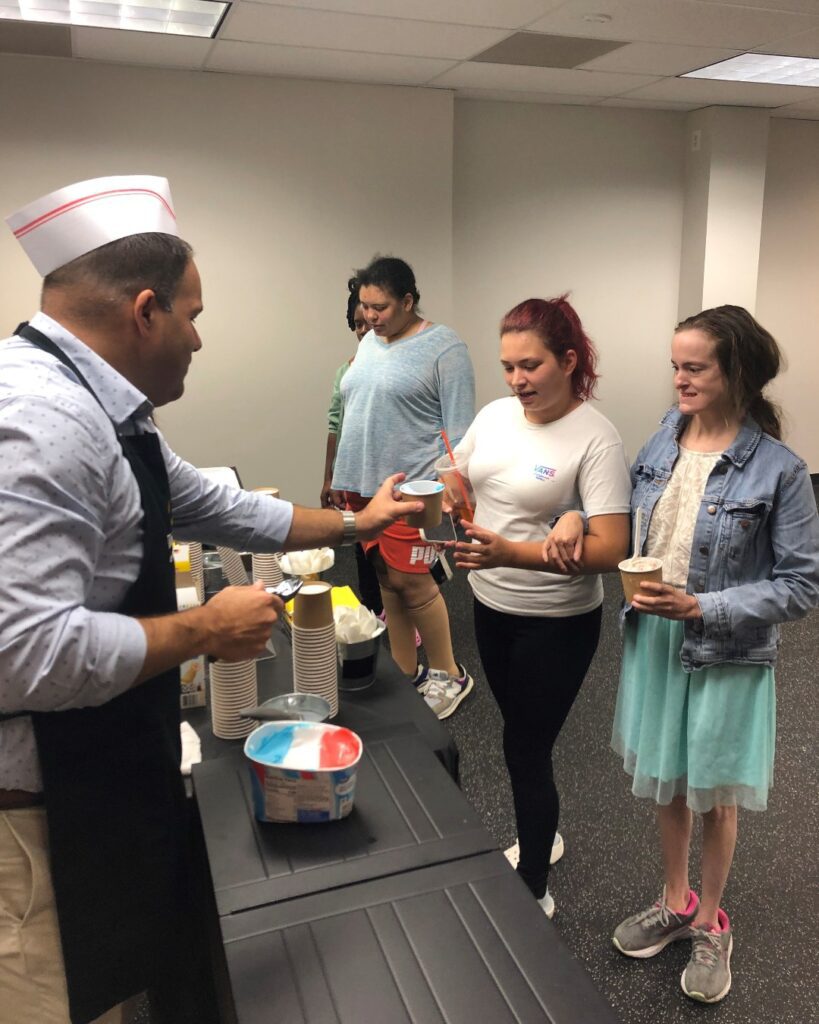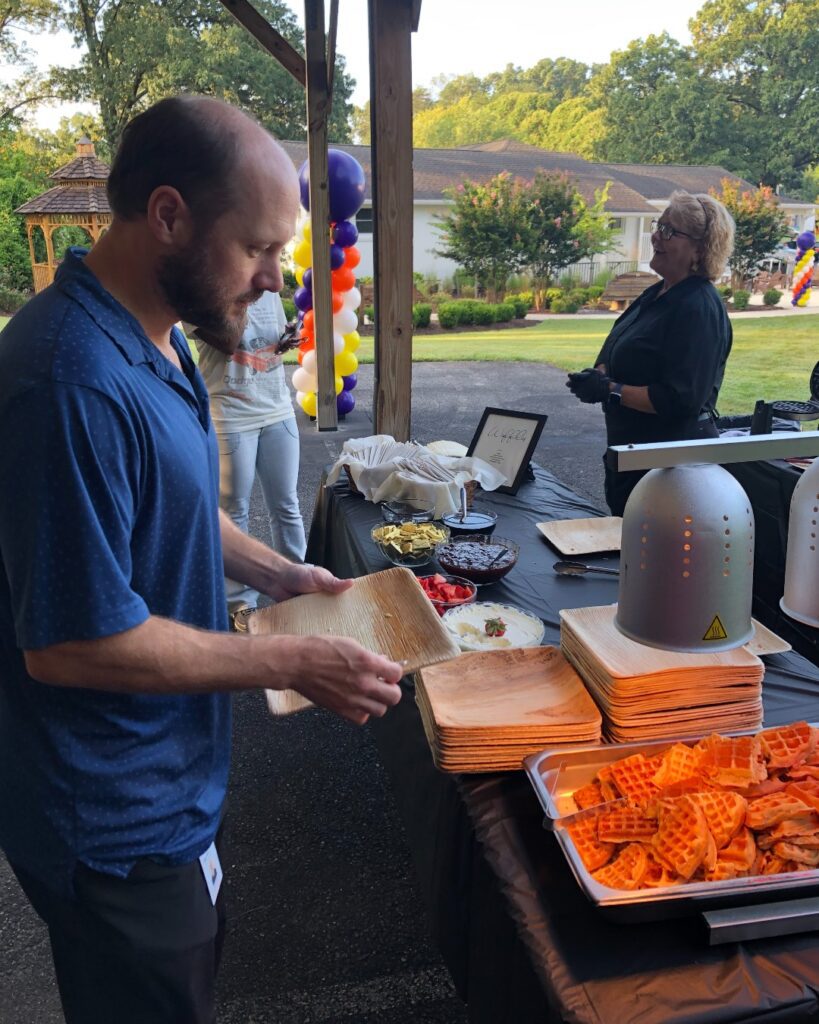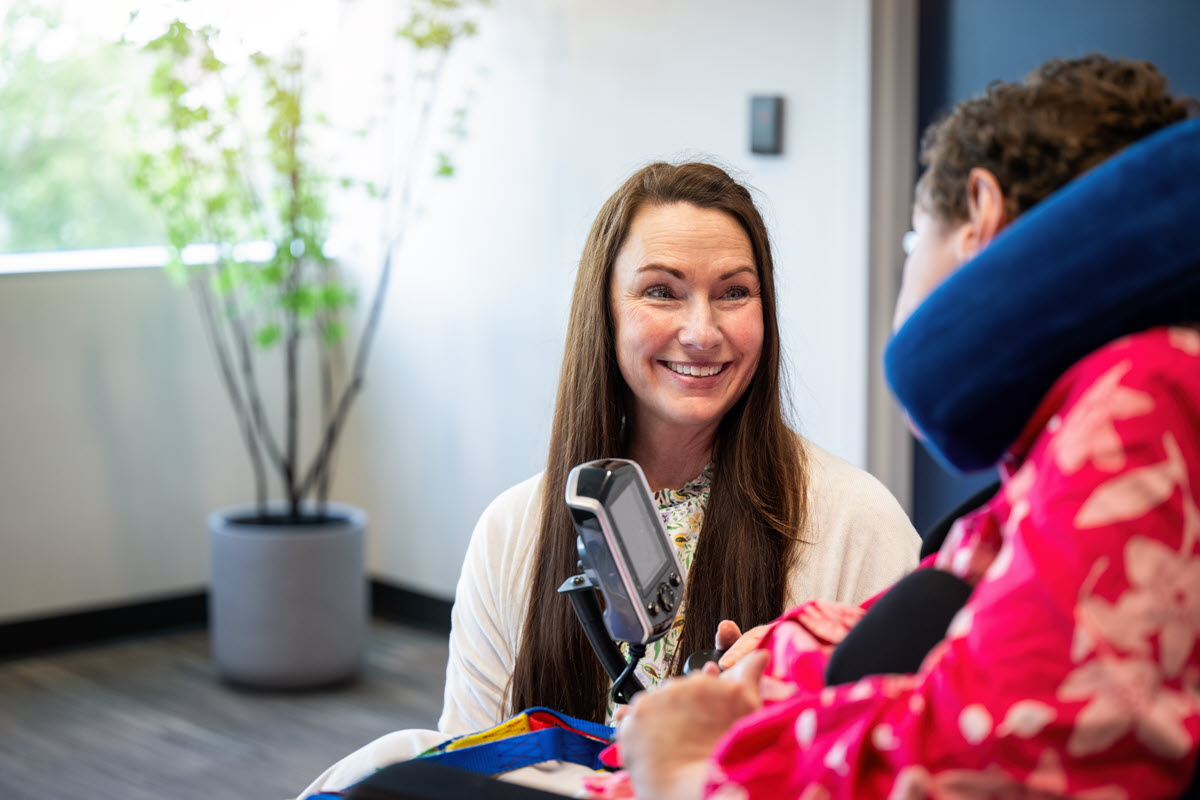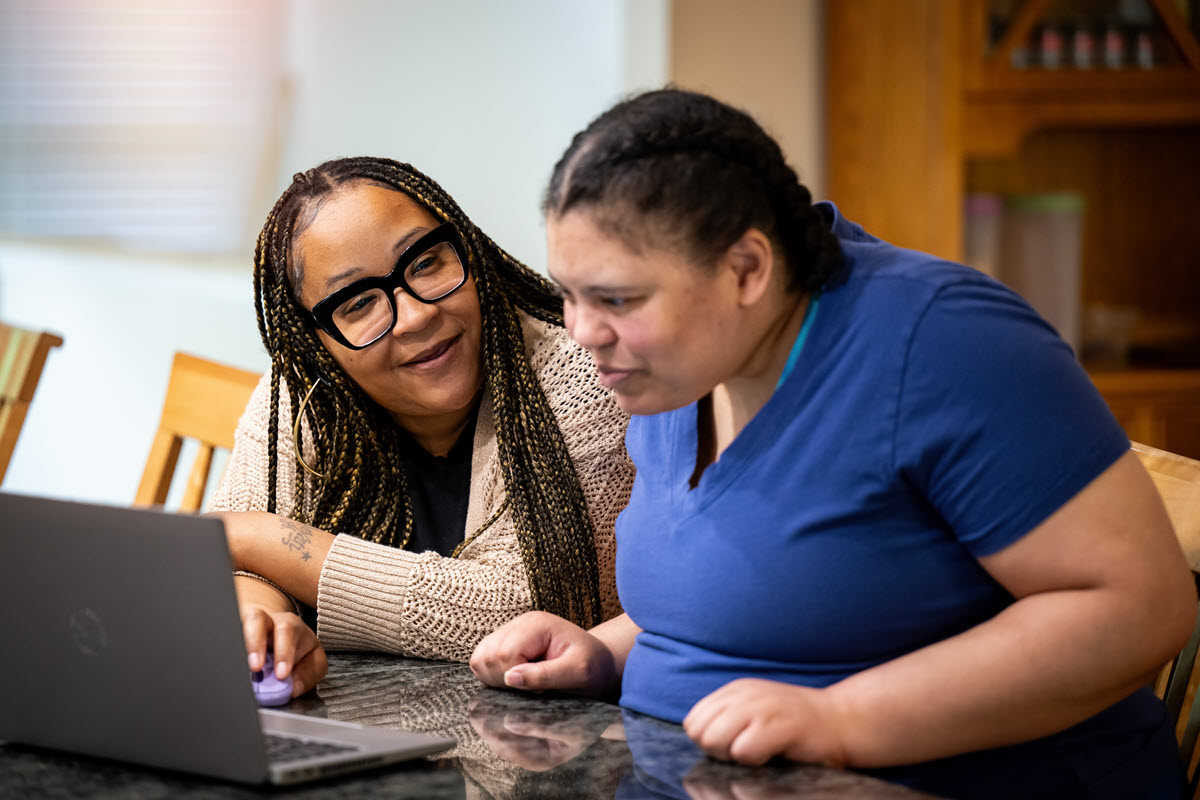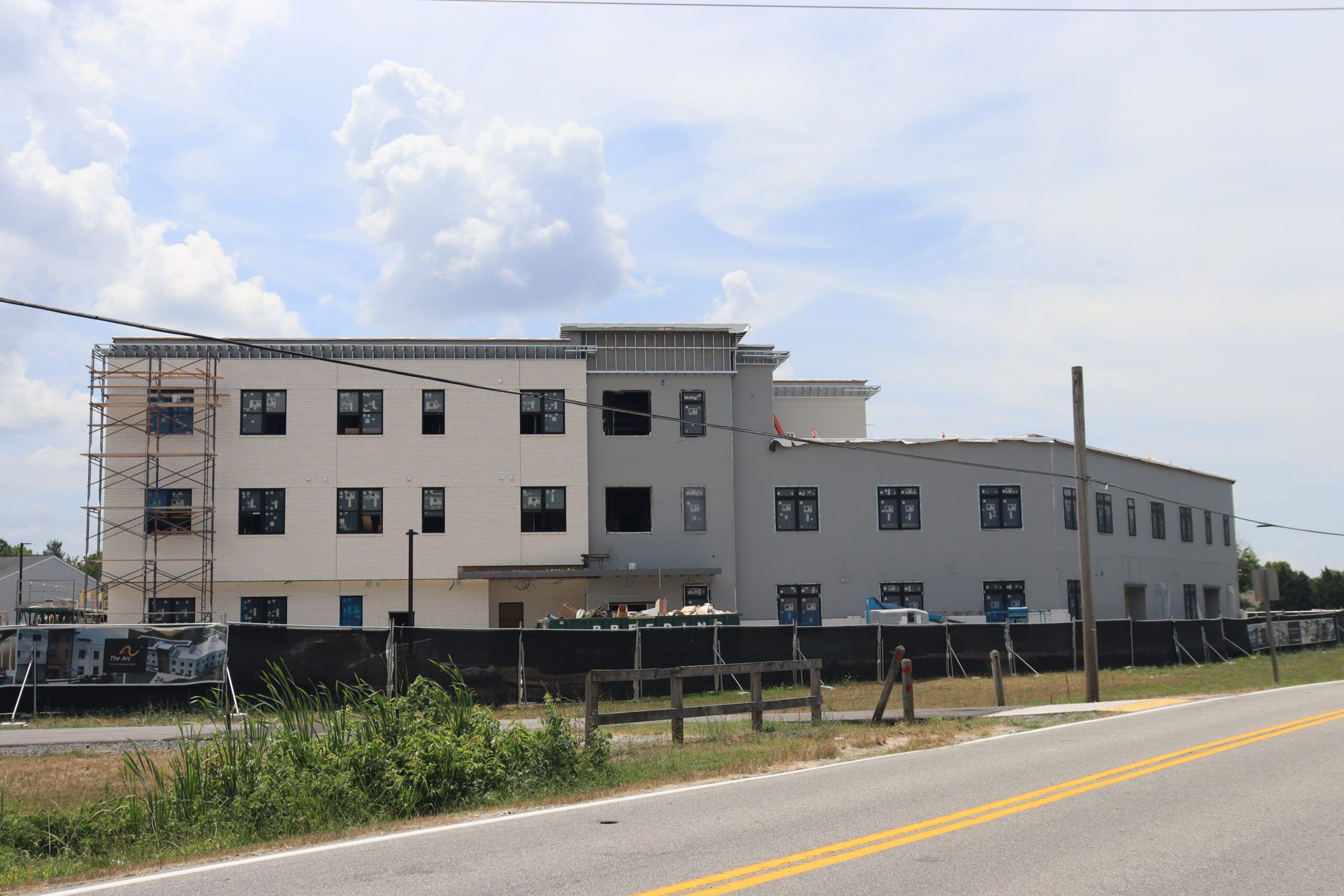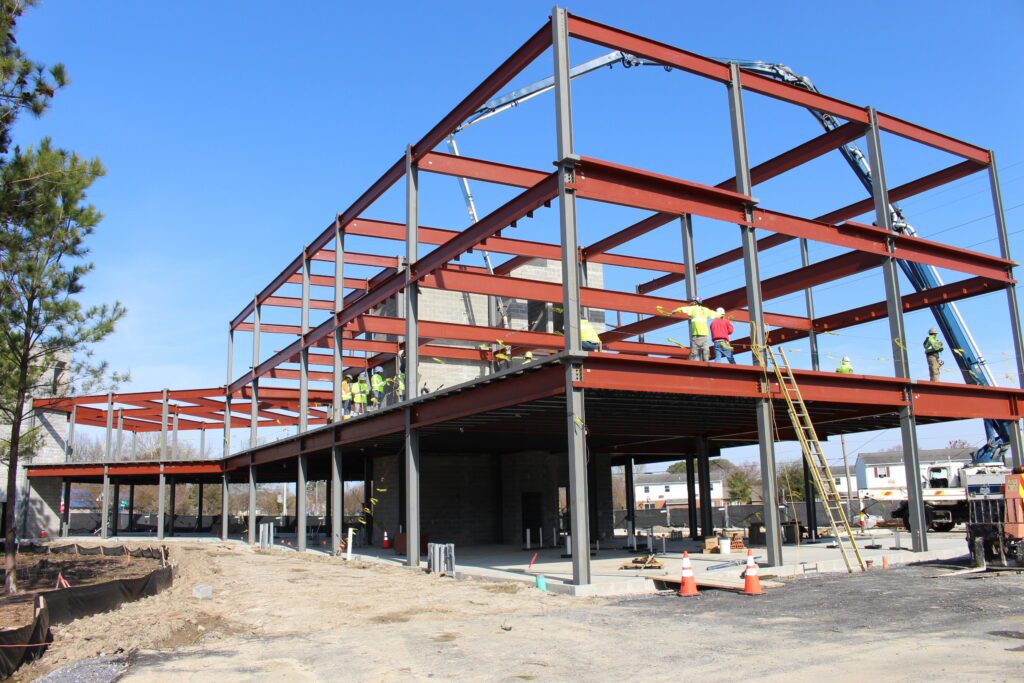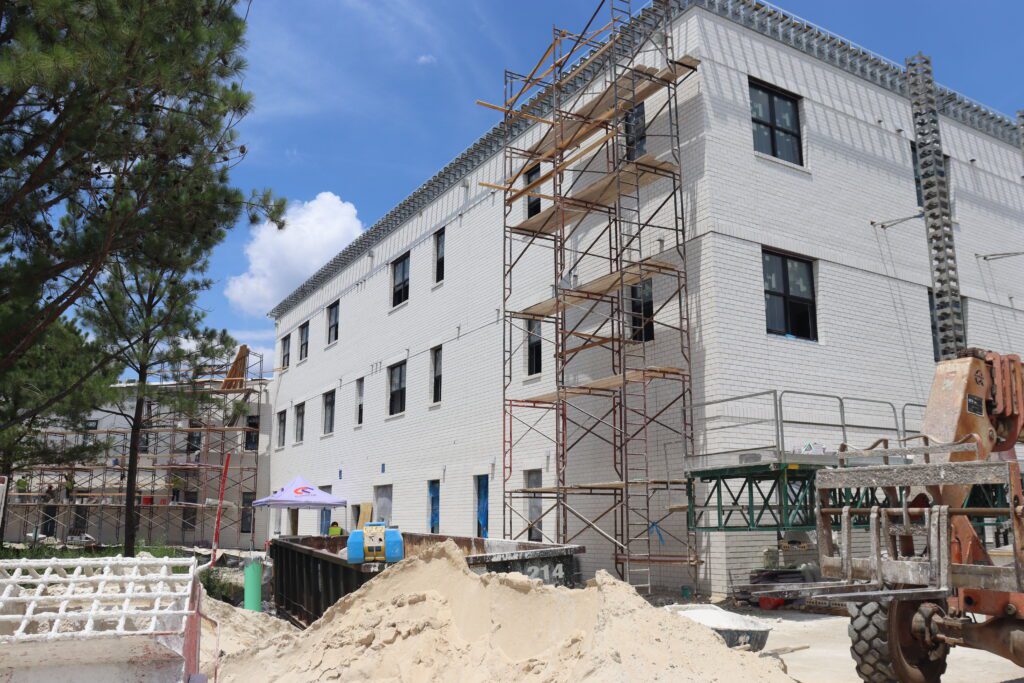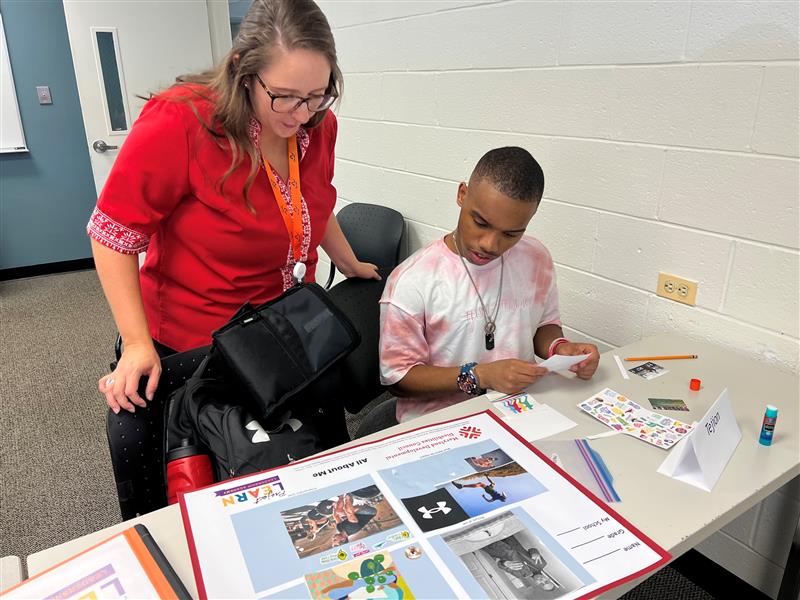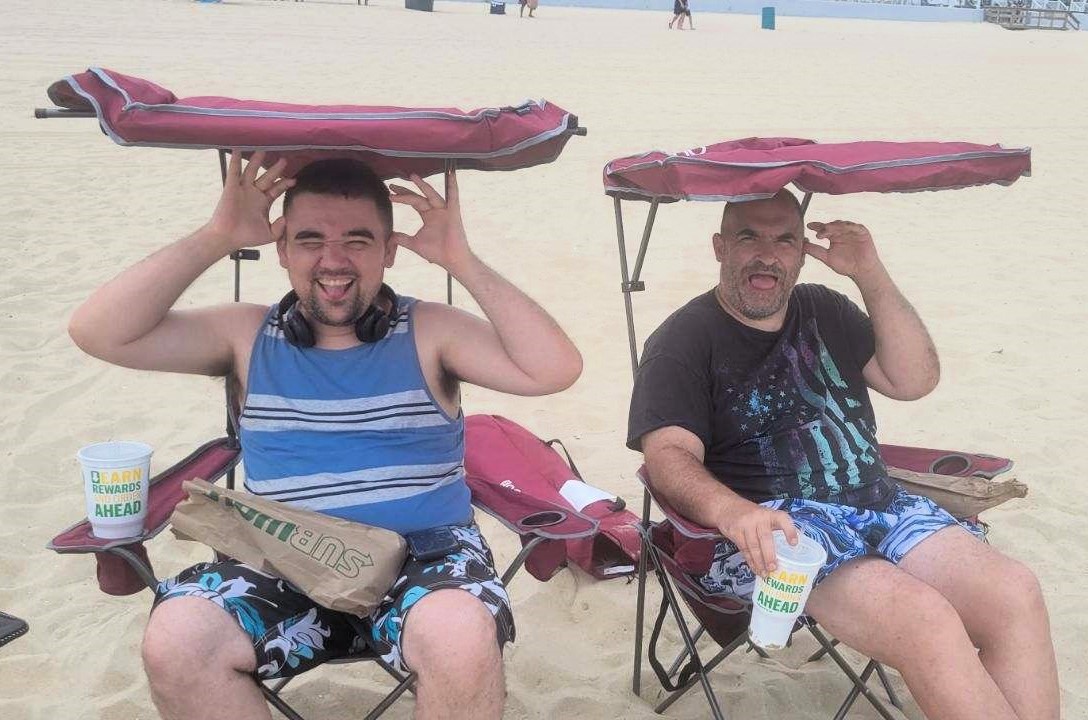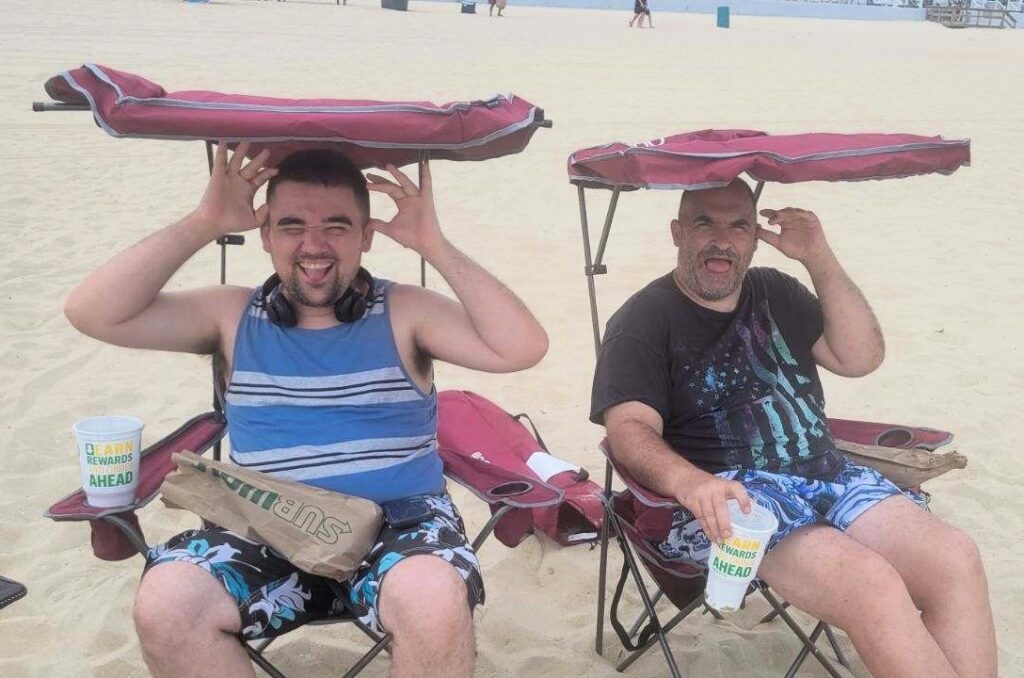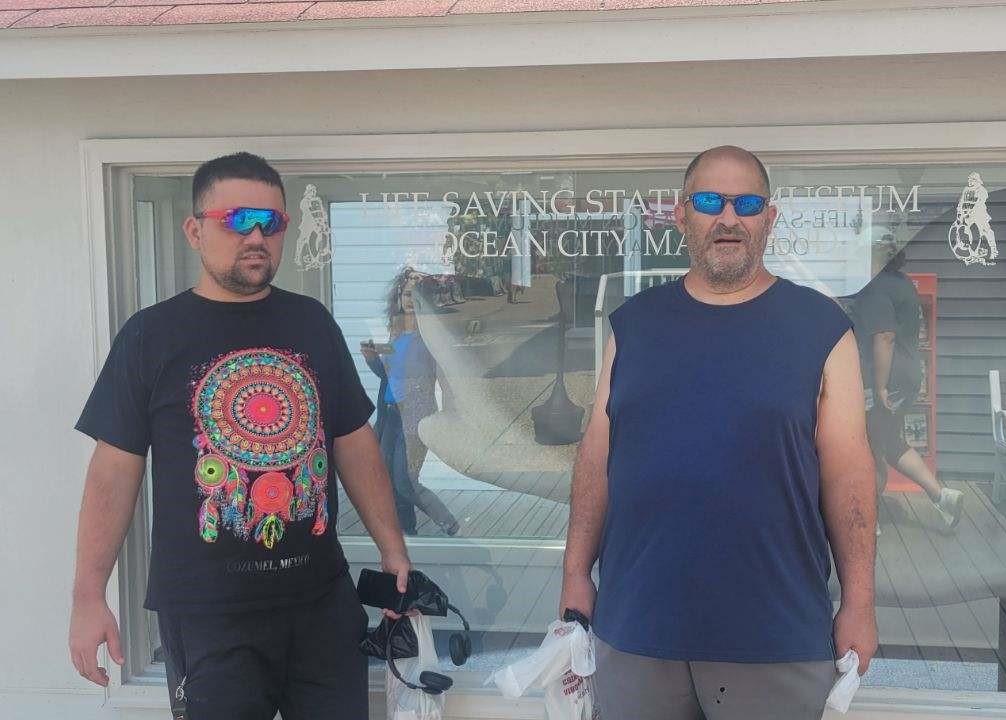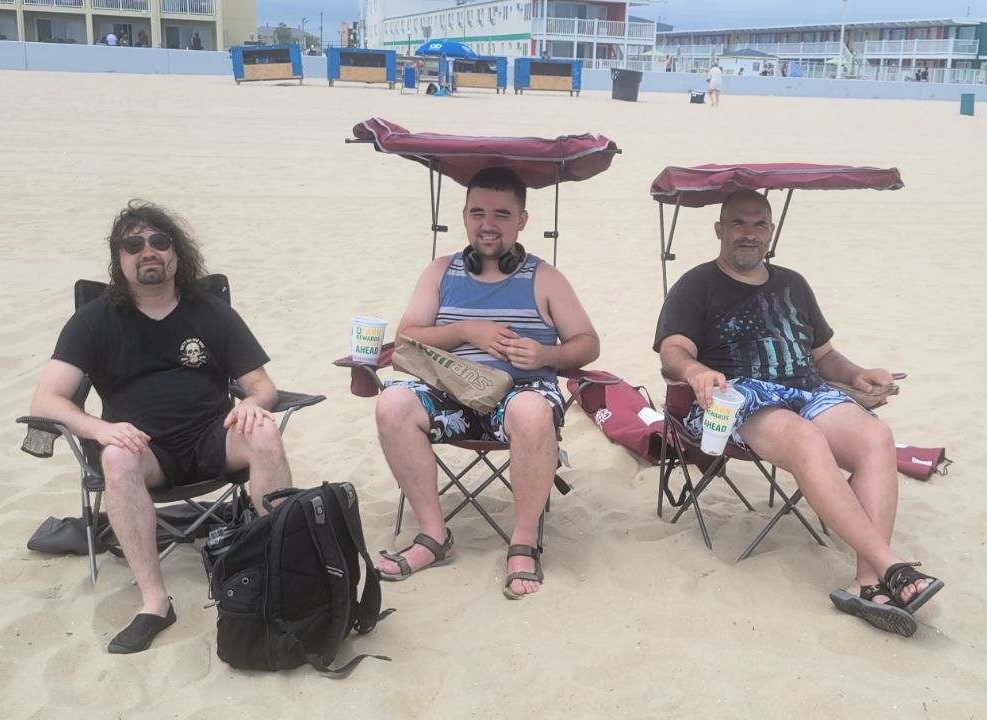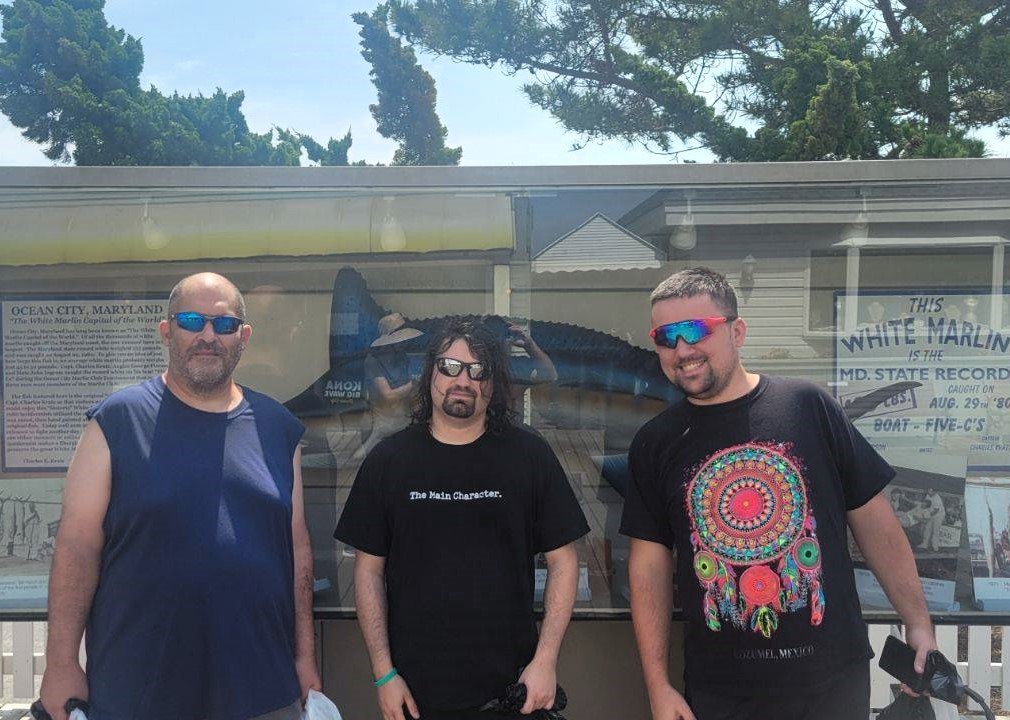At The Arc, we believe that every Direct Support Professional (DSP) makes mission-critical decisions every day, which enrich the lives of the people we support, improve our operations, and maintain our reputation for innovation and improvement. Over the last seven years, The Arc has prioritized investing in our DSPs by doubling wages, establishing a culture of leadership at every level, and professionalizing the DSP role.
On April 1, The Arc partnered with the National Alliance for Direct Support Professionals (NADSP) to launch the Direct Support Professional Career Ladder. The career ladder provides professional development opportunities for DSPs to grow in their careers and ‘move up the ladder’ without having to leave the DSP profession behind.
“Part of our strategic plan, Leading Boldly, is providing career mobility opportunities for employees, especially DSPs,” says Jonathon Rondeau, President & CEO. “This DSP Career Ladder increases our employees’ skills, recognizes them for their knowledge and experience by increasing their compensation, and means the people we serve will receive even higher quality support.”
How the Career Ladder Works
The Career ladder pairs additional training and learning opportunities with a monetary raise. There are three levels, DSP-I, DSP-II, and DSP-III, each requiring more than 50 hours of online, hybrid, and in-person training in addition to the standard professional development already required for DSPs at The Arc.
It all begins with a foundational session on the NADSP Code of Ethics. This session is essential, as the Code of Ethics serves as the guiding framework for the entire program, shaping participants’ professional conduct and decision-making. Once this foundational session is complete, participants dive into a series of learning activities that allow DSPs to earn badges that reflect the specific skills and knowledge they’ve acquired. As participants accumulate badges, they progress toward earning a DSP Certification for DSP-I, II, or III.
DSPs can complete their learning activities wherever they have access to Wi-Fi, making it convenient to progress at their own pace. In addition to online learning, DSPs demonstrate their professional competencies through testimonials that highlight positive experiences and their effective work as DSPs. This practical approach ensures that participants are not just gaining knowledge but are applying it in ways that make a real difference.
An important aspect of the program is that there are no qualifying exams or required presentations. This makes the program accessible to all DSPs, allowing them to focus on applying their skills in their daily work without the pressure of traditional academic assessments.
For each level completed, DSPs receive an increase to their hourly base rate of pay, totaling $3.50 more per hour once they complete DSP-III. The hourly incentives tied to certification levels are in addition to any Cost of Living Adjustments (COLA) that the employee receives. This ensures that the financial benefits of the program are maximized, providing participants with a significant reward for their efforts.
“The Arc has put many resources in place to make sure employees who seek to further advance their careers are as successful as possible,” said Brandy Stephens, Vice President of People & Culture at The Arc. “The existing training required of all DSPs at The Arc count toward earning these badges, meaning that all DSPs start 25% of the way toward achieving DSP-I.”
Enrollment in the NADSP Career Ladder Program is an easy process, but it’s essential to meet the eligibility criteria. Interested DSPs must complete an application to be considered. Applications are open year-round and reviewed weekly to admit new participants.
Why the NADSP Career Ladder Program Matters
Since launching in April, 14 DSPs have completed one of the three levels in the program, with seven earning DSP-I, four earning DSP-II, and three earning DSP-III. An additional 82 DSPs have been accepted to the program and are beginning to work toward completing the first level.
“It’s an honor for me to demonstrate my commitment to superior professionalism and to be recognized,” said Destinee Foote, who recently achieved DSP-II and is working toward DSP-III, “DSP Certification was one of my main goals to conquer. The Arc offering this program is amazing and is an awesome opportunity for all DSPs.”
The Arc’s NADSP Career Ladder Program is more than just a professional development opportunity—it’s a pathway to personal and career growth. By providing a structured, flexible, and rewarding framework for career advancement, The Arc is empowering DSPs to deliver the highest standards of care while achieving their own professional goals.
“The Career Ladder Program is about growing and thriving in your role. We’re all about helping our DSPs gain new skills and get recognized for their hard work. It’s a win-win that boosts both personal growth and the quality of care we provide,” said Brandy Stephens. “People should have the opportunity to progress in their careers while still doing the work they love.”
